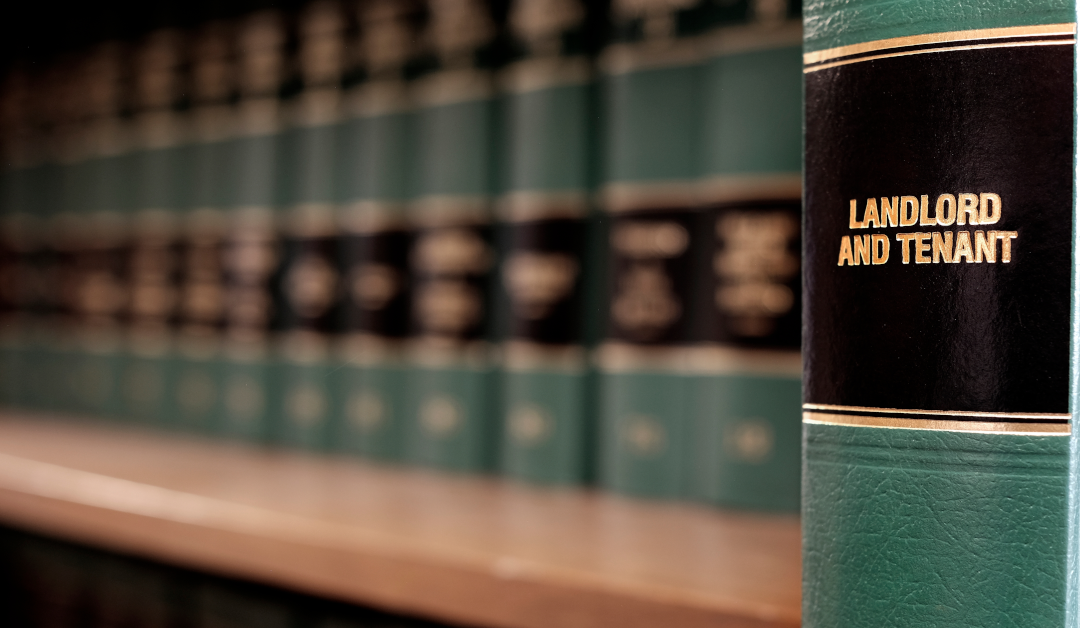As a landlord or tenant in New York, understanding the rules and best practices surrounding security deposits is crucial for maintaining a positive rental experience.
According to Warren S. Dank, Esq., P.C., a prominent landlord-tenant law firm in New York, adhering to state regulations and implementing effective strategies can help prevent disputes and ensure a smooth transaction.
Understanding Landlord Tenant Law in New York
In New York, landlord law governs the collection, handling, and return of security deposits. Landlords are required to follow specific guidelines, including:
- Limiting the deposit amount to no more than one month’s rent.
- Depositing the funds in an interest-bearing account.
- Providing a receipt to the tenant.
- Returning the deposit, minus any lawful deductions, within a specified timeframe after the tenant vacates the property.
Failure to comply with these regulations can result in penalties and legal consequences for the landlord.
Deducting from the Security Deposit
Landlords have the right to deduct from the security rental deposit to cover the cost of repairs for damages beyond normal wear and tear. However, it’s crucial to document the condition of the property thoroughly before and after the tenant’s occupancy to justify any deductions.
Returning the Security Deposit
When a tenant vacates the property, the landlord must return the security rental deposit within a specific timeframe, typically 14 days in New York. If the landlord has to make deductions, it’s imperative they provide an itemized list of repairs and their costs to the tenant.
Best Practices for Landlords
To ensure a smooth landlord tenant law experience, Warren S. Dank, Esq., P.C. recommends that landlords:
- Conduct thorough move-in and move-out inspections with the tenant present.
- Document the property’s condition with detailed notes and photographs.
- Maintain clear communication with tenants regarding security deposit policies and deductions.
- Adhere to state regulations regarding deposit limits, interest payments, and return deadlines.
Best Practices for Tenants
Tenants can protect their security rental deposit by:
- Conducting a thorough move-in inspection and documenting the property’s condition.
- Maintaining the rental unit in good condition and addressing any damages promptly.
- Providing a forwarding address in writing when vacating the property.
- Communicating with the landlord regarding any disputes or concerns.
Resolving Security Deposit Disputes
In the event of a dispute, both landlords and tenants have the right to seek legal counsel. A landlord law attorney can help negotiate a fair settlement, represent the client in court if necessary, and ensure that their rights are protected under landlord tenant law.
If you have questions or concerns regarding security deposits or landlord tenant law in New York, contact Warren S. Dank, Esq., P.C. today for a consultation. Our experienced attorneys are dedicated to protecting the rights of both landlords and tenants.

